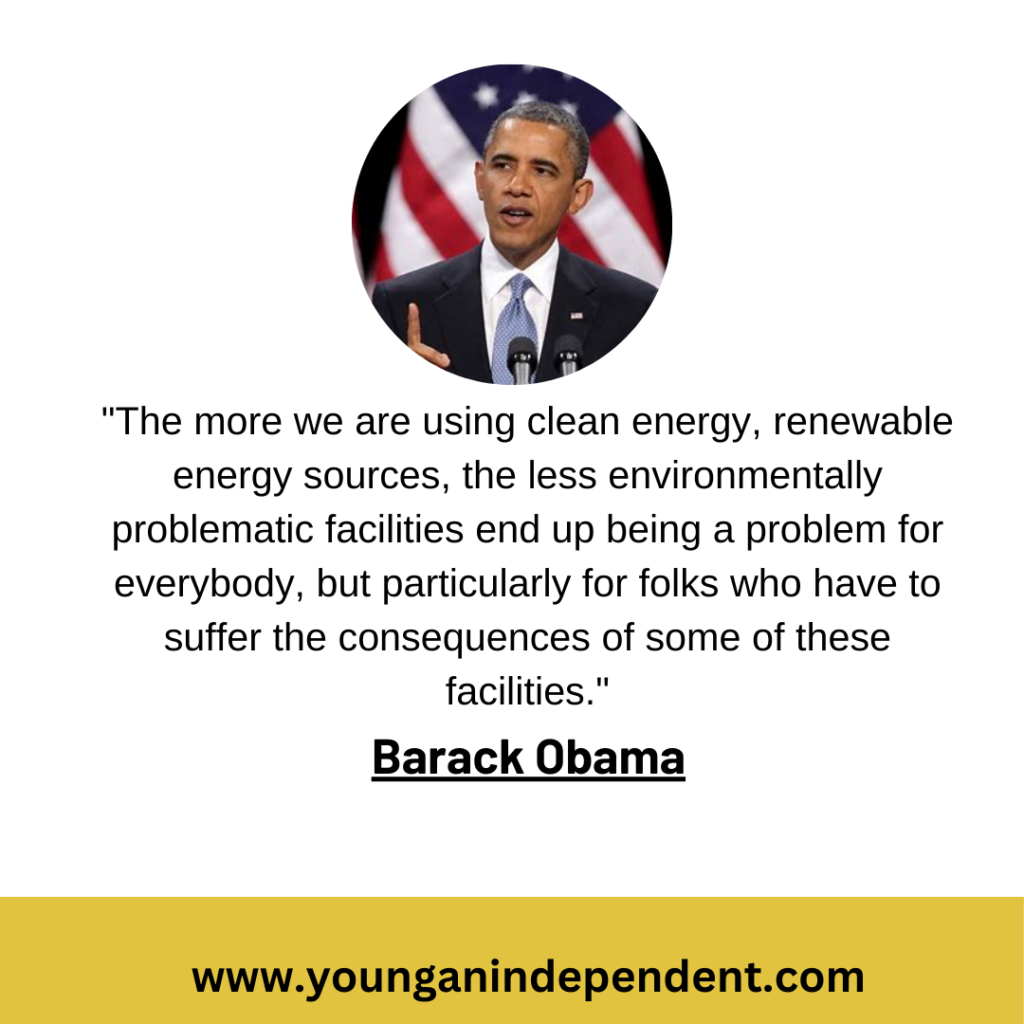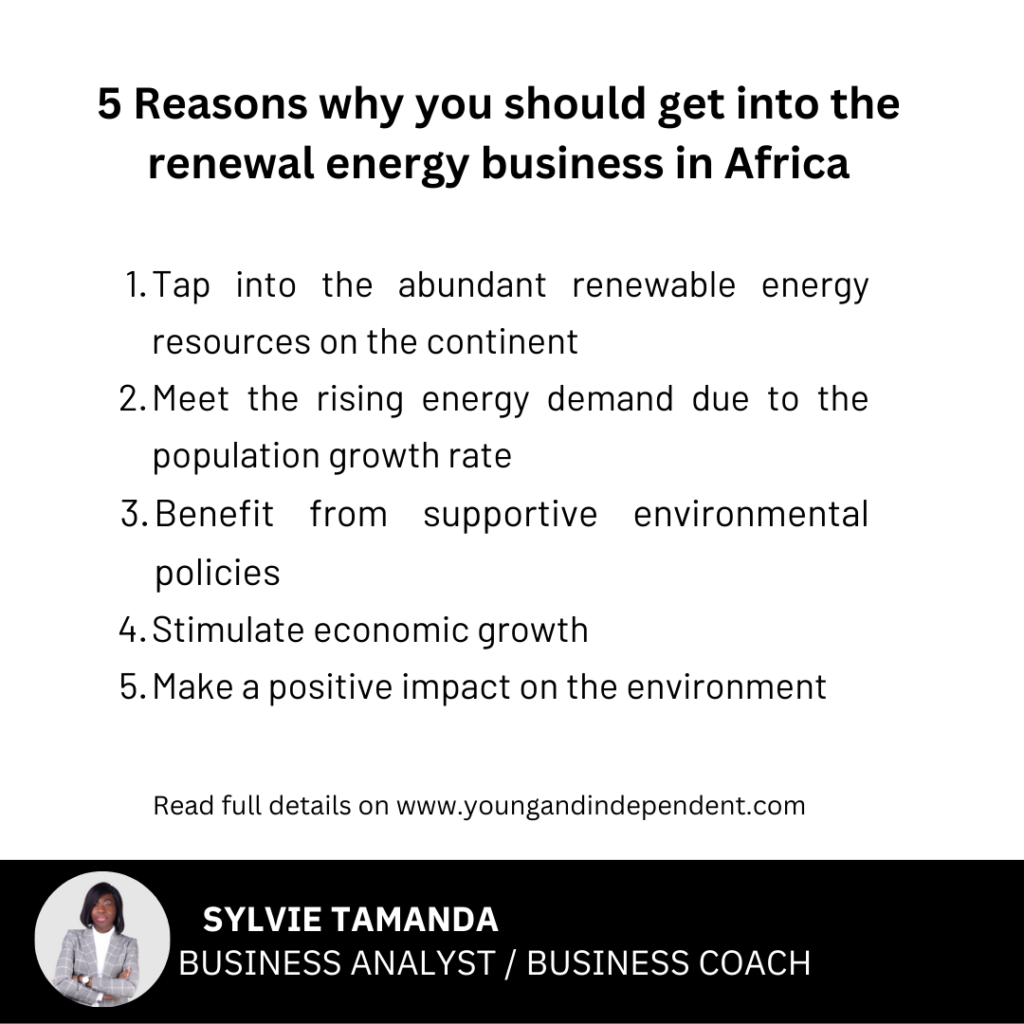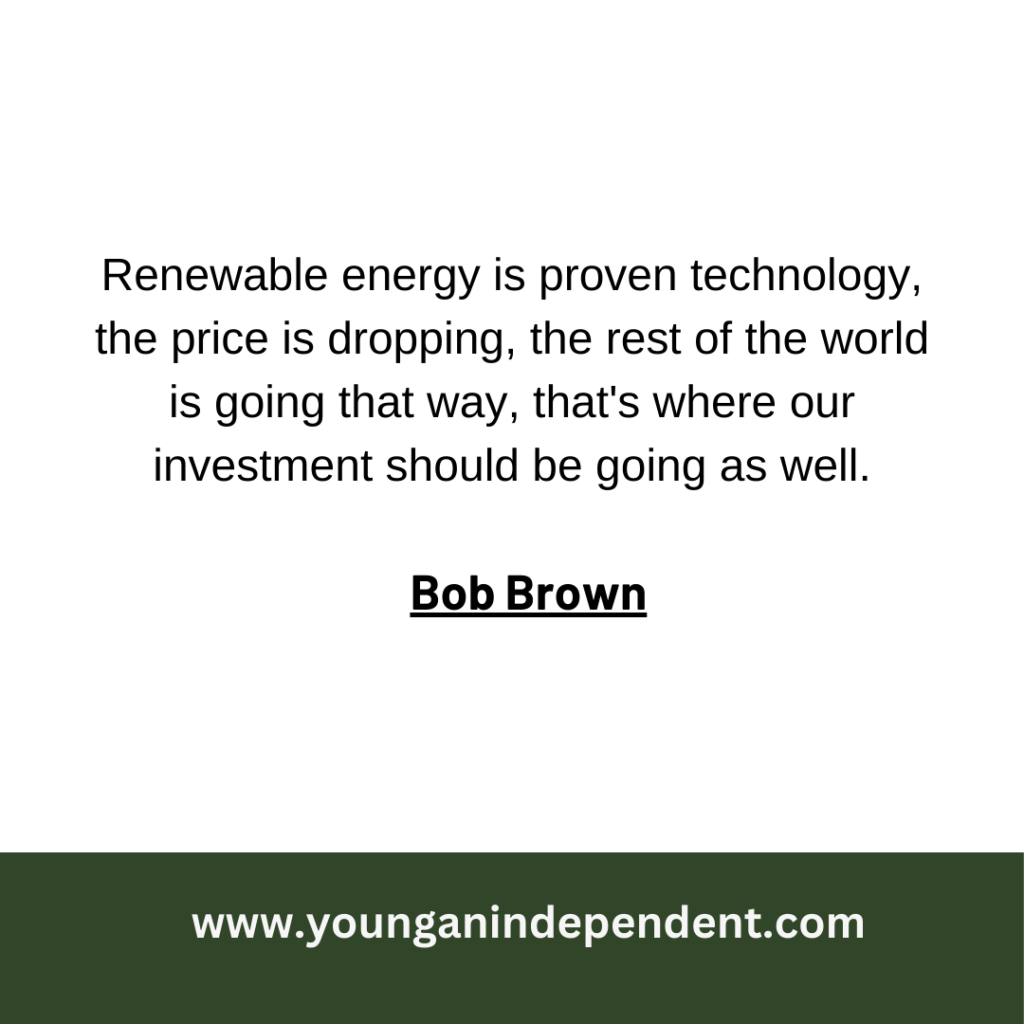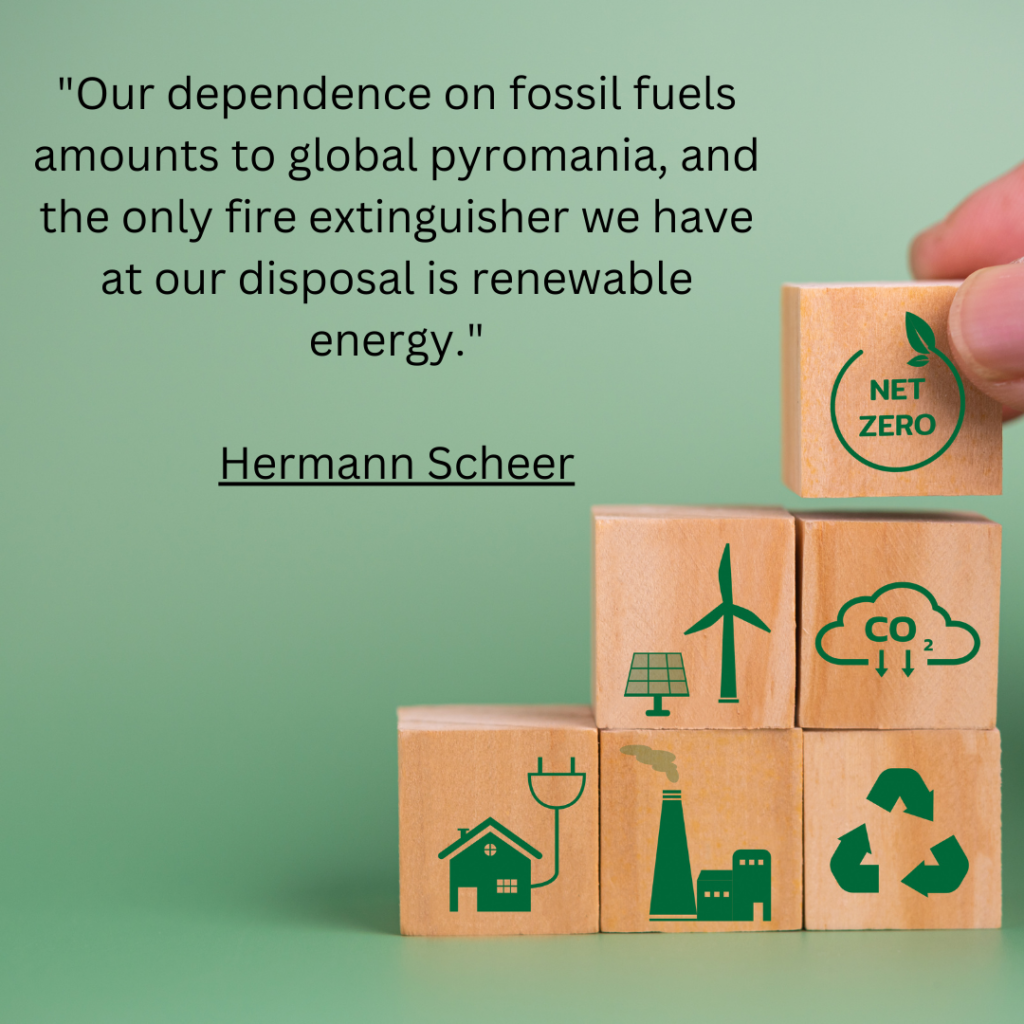The renewable energy industry is taking over the world, and governments are scrambling to introduce legislation and create initiatives that would improve some of the effects of a rapidly changing climate.
The carbon credit market is gaining momentum as a crucial sector in the global economy. African nations are exploring this market to offset debts and raise funds by selling carbon credits, potentially unlocking billions for climate finance and economic development. The United Nations Economic Commission for Africa (UNECA) estimates that Africa can generate between $15 and $82 billion annually through nature-based carbon removal. To amplify economic benefits, the Africa Carbon Markets Initiative (ACMI) was launched at COP 27 in November 2022, aiming to expand Africa’s participation in the voluntary carbon market, create jobs, and protect biodiversity. ACMI seeks to produce 300 million carbon credits annually by 2030 and 1.5 billion credits annually by 2050, unlocking $6 billion in revenue by 2030 and over $120 billion by 2050, while supporting 30 million jobs by 2030 and over 110 million jobs by 2050.
My question is, how many young Africans are aware of the opportunities available in this sector, and for those who are aware, how ready are they to embark on a journey that not only promises to revolutionise Africa’s energy landscape but also contribute to a greener and more sustainable world?
Renewable energy entrepreneurship—a realm that empowers you to harness the power of the sun, wind, and other natural resources to fuel growth and prosperity—is not as popular as it should be, and I’d like to use this article to share some valuable insights for aspiring entrepreneurs.

In this dynamic and rapidly evolving sector, young entrepreneurs like you have the unique opportunity to make a real difference in the lives of millions while nurturing their passion for sustainability.
Africa, with its abundant natural resources and growing demand for energy, is ripe for renewable energy solutions. Together, we will explore the diverse possibilities within this sector, from solar energy installations that bring light to remote communities to energy-efficient products that conserve power and reduce carbon footprints.
Renewable energy solutions extend far beyond profits because each solar panel installed, every energy-efficient device distributed, and every consulting service provided has the potential to transform lives, protect the environment, and foster sustainable development for our children and great-great-grandchildren.
So, if you are passionate about creating a cleaner, greener, and more prosperous Africa, follow the steps below to create the path to a brighter and more sustainable future—one renewable energy solution at a time.
Reasons why you should get into the renewable energy business
Starting a renewable energy business in Africa offers the potential to tap into abundant energy resources, meet rising energy demand, benefit from supportive policies, stimulate economic growth, and make a positive impact on the environment. Such ventures can play a pivotal role in driving sustainable development and contributing to a greener and more prosperous future for the continent.

1. Abundant Renewable Energy Resources: Africa is richly endowed with an abundance of renewable energy resources, including sunlight, wind, geothermal, biomass, and hydroelectric potential. This diversity of resources presents an excellent opportunity for renewable energy businesses to tap into these sources and generate clean, sustainable power.
2. Rising Energy Demand: With a rapidly growing population and increasing urbanisation, the demand for energy in Africa is on the rise. Many regions still lack access to reliable electricity, making renewable energy solutions a viable option to bridge this energy gap and meet the rising demand sustainably.
3. Supportive Policy Environment: Many African countries are increasingly recognising the importance of transitioning to renewable energy sources to combat climate change and promote sustainable development. As a result, they are implementing supportive policies, incentives, and feed-in tariffs to encourage the growth of renewable energy businesses.
4. Economic Opportunities: Starting a renewable energy business in Africa can create significant economic opportunities. Beyond contributing to job creation, such businesses can also stimulate local economies by attracting investments, promoting research and development, and fostering technological advancements in the sector.
5. Environmental Benefits: By starting a renewable energy business, entrepreneurs can actively contribute to reducing greenhouse gas emissions and combating climate change. Implementing clean energy solutions helps preserve the environment, conserve natural resources, and protect the continent’s unique biodiversity.
Step-by-step guide on how to start a renewable energy solutions business in Africa:
Step 1: Research and Market Analysis
– Begin by conducting thorough research on the renewable energy sector in Africa. Identify the types of renewable energy sources that are in demand and feasible in your target region.
– Analyze the market potential, competitors, regulatory environment, and government incentives related to renewable energy solutions.
Step 2: Identify a Niche
– Determine the specific area within the renewable energy sector that you want to focus on. This could be solar energy installations, energy-efficient products distribution, or renewable energy consulting services, among others.
Step 3: Develop a Business Plan
– Create a comprehensive business plan that outlines your business goals, target market, revenue streams, marketing strategy, operational plan, and financial projections. A well-structured business plan is essential for attracting investors and guiding your business growth.
Step 4: Legal and Regulatory Compliance
– Register your business with the appropriate authorities and obtain all necessary licenses and permits required to operate a renewable energy solutions company.
– Familiarize yourself with the local regulations and policies related to renewable energy projects to ensure compliance.

Step 5: Funding and Investment
– Determine the initial investment required to start your renewable energy business. Explore funding options such as personal savings, loans, grants, or attracting investors.
– Consider forming strategic partnerships with organizations that are already involved in the renewable energy sector.
Step 6: Build a Team
– Assemble a skilled team with expertise in renewable energy technologies, project management, marketing, and finance. Having a competent and dedicated team is crucial for the success of your business.
Step 7: Select Suppliers and Partners
– Establish relationships with reliable suppliers for renewable energy equipment and technologies. Ensure that the products you offer meet international standards and certifications.
– Consider partnerships with local communities, NGOs, or governmental organizations to access potential customers and projects.
Step 8: Develop Marketing and Branding
– Create a strong brand identity that reflects your commitment to renewable energy solutions. Develop a marketing strategy that targets your ideal customers and highlights the benefits of using renewable energy sources.
– Utilize both online and offline marketing channels, including social media, websites, industry events, and collaborations with relevant stakeholders.
Step 9: Execute and Monitor Projects
– Start executing your renewable energy projects based on the business plan. Focus on delivering high-quality solutions and excellent customer service.
– Implement systems for monitoring project performance and energy generation to ensure efficiency and optimize operations.
Step 10: Expand and Innovate
– Continuously innovate and stay updated on the latest advancements in renewable energy technologies. Consider expanding your offerings to include new products or services.
– Seek opportunities to expand your business beyond the local market and explore cross-border collaborations.
Renewable energy business opportunities that young entrepreneurs in Africa can consider, even with limited access to capital
Starting a renewable energy business doesn’t always require a significant capital investment upfront. You can begin by focusing on a specific niche, providing services, or leveraging local resources and skills to create innovative solutions. As your business grows, you can reinvest profits into expanding and scaling your operations. Additionally, consider exploring government incentives, grants, and competitions that support renewable energy entrepreneurship in your country or region.
1. Solar Panel Cleaning and Maintenance Service:
Start a business that offers cleaning and maintenance services for solar panels. Many solar installations require regular cleaning to maximise energy generation, and providing this service can be a cost-effective way to enter the renewable energy sector.
2. Solar Water Heater Installation:
Focus on installing solar water heating systems for residential and commercial properties. This can be a practical and affordable solution for customers looking to reduce their energy costs and environmental impact.
3. Energy Efficiency Consulting:
Offer energy efficiency consulting services to businesses and households. Help clients identify areas of energy waste and recommend cost-effective solutions to optimise their energy consumption.
4. Solar Product Retailing:
Retail solar-powered products such as solar lamps, lanterns, phone chargers, and portable solar panels. These products are in high demand, particularly in rural areas with limited access to electricity.
5. Biomass Energy Production:
Explore biomass energy solutions, such as biogas production from organic waste or agricultural residues. This can provide renewable energy options for rural communities and agricultural operations.
6. Biofuel Production and Distribution:
Consider producing biofuels from locally available feedstocks and selling them as a sustainable alternative to traditional fossil fuels. This can target the transportation and industrial sectors.
7. Wind Turbine Repair and Maintenance:
Offer repair and maintenance services for existing wind turbines. As the adoption of wind energy grows, there will be a need for skilled technicians to maintain these installations.
8. Energy Auditing:
Conduct energy audits for businesses and institutions to assess their energy usage and propose energy-saving measures. This can help clients reduce their energy bills and carbon footprint.
9. Solar-Powered Irrigation Systems:
Design and install solar-powered irrigation systems for small-scale farmers. These systems can enhance agricultural productivity while reducing reliance on traditional fossil fuel-powered pumps.
10. Waste-to-Energy Solutions:
Explore opportunities in waste-to-energy projects, such as converting organic waste into biogas or electricity. This can address both waste management issues and energy needs.
11. Solar-Powered Water Purification:
Develop and deploy solar-powered water purification systems to provide clean drinking water to remote communities lacking access to safe water sources.
12. Solar-Powered Charging Stations:
Set up solar-powered charging stations for mobile devices in rural and off-grid areas. This can serve as a valuable service in regions with limited access to electricity.

Step-by-step guide on how to apply for carbon credit
If you have read thus far and you’d like to kick start your business and don’t know how to access carbon credit funds, here’s a step by step guide on how to go about it.
Applying for green carbon credits, also known as carbon offset projects, involves following specific procedures to demonstrate your efforts in reducing greenhouse gas emissions or sequestering carbon dioxide from the atmosphere. These credits can be valuable for companies or individuals looking to offset their carbon footprint and contribute to environmental sustainability. Here’s a general step-by-step guide on how to apply for green carbon credits:
1. Understand Carbon Offset Projects: Familiarize yourself with the concept of carbon offsetting and the different types of projects that are eligible for carbon credits. Common projects include afforestation (planting trees), renewable energy projects (e.g., solar or wind farms), methane capture from landfills, and energy efficiency initiatives.
2. Choose the Right Carbon Standard: Identify a reputable carbon standard or certification scheme that aligns with your project’s goals. Examples of recognized standards include the Verified Carbon Standard (VCS), Gold Standard, and Climate Action Reserve. Each standard has specific criteria and requirements, so ensure that your project meets the chosen standard’s guidelines.
3. Develop a Project Proposal: Prepare a comprehensive project proposal that outlines the scope, methodologies, expected carbon reductions or sequestration, timeline, and budget. Consider engaging experts or consultants with experience in carbon offset projects to assist with the proposal development.
4. Baseline and Monitoring: Determine the project’s baseline emissions (the amount of emissions that would occur without the project) and establish a monitoring plan to track the actual emission reductions or carbon sequestration achieved by your project.
5. Validation: Engage an accredited third-party validator to review your project proposal and verify that it meets the chosen carbon standard’s requirements. Validation ensures the project is eligible for carbon credits and confirms its environmental integrity.

6. Verification: After validation, your project will undergo a verification process to confirm that the carbon reductions or sequestration claimed are accurate and in line with the chosen standard’s guidelines. Verification is also conducted by an independent third party.
7. Issue Carbon Credits: Upon successful verification, the carbon credits will be issued for your project. Each carbon credit represents one metric ton of CO2 equivalent (tCO2e) reduced or sequestered.
8. Register Credits: Register the carbon credits in a reputable registry, ensuring transparency and preventing double counting or double selling.
9. Sale or Use of Carbon Credits: You can choose to sell your carbon credits on the voluntary carbon market or use them to offset your own carbon footprint. Buyers may include companies, governments, or individuals looking to offset their emissions.
10. Report and Continuous Monitoring: Periodically report on the project’s progress and maintain continuous monitoring to ensure that the project remains in compliance with the chosen carbon standard.
Renewable Energy Businesses that already exist in Africa#
1. Juabar, headquartered in Tanzania, is a pioneering company that brings mobile-phone charging solutions to off-grid communities. Their innovative approach involves setting up solar-powered kiosks, each equipped with a 50 W solar PV system capable of charging up to 20 phones simultaneously.
2. BioTherm Energy, an independent power producer established in 2003, focuses on the development, financing, construction, and operation of wind and solar projects. In South Africa, they have successfully executed three projects, collectively generating an impressive 49 MW of renewable energy.
3. Solinc East Africa proudly stands as the region’s inaugural solar-panel manufacturing plant. Since its inception in 2011, Solinc has been manufacturing solar panels ranging from 20W to 300W. Additionally, they assemble comprehensive home solar kits featuring batteries, phone chargers, and LED lights.
4. M-KOPA Solar, a pay-as-you-go solar energy enterprise, is dedicated to bringing solar power to homes across Tanzania, Kenya, and Uganda. Their user-friendly home solar systems, which incorporate a battery, phone-charging facility, light bulb, and rechargeable radio, have been transforming lives in rural communities.
Remember that the renewable energy sector is continually evolving, driven by technological advancements and changing market demands. By staying adaptable and responsive to these changes, your renewable energy solutions business can thrive and contribute to a more sustainable future for Africa.
Good luck on your entrepreneurial journey!
Read Step-by-Step Guide on How Young People Can Start an Agriculture Business in Africa
Read Step-by-Step Guide To Start an E-commerce Business